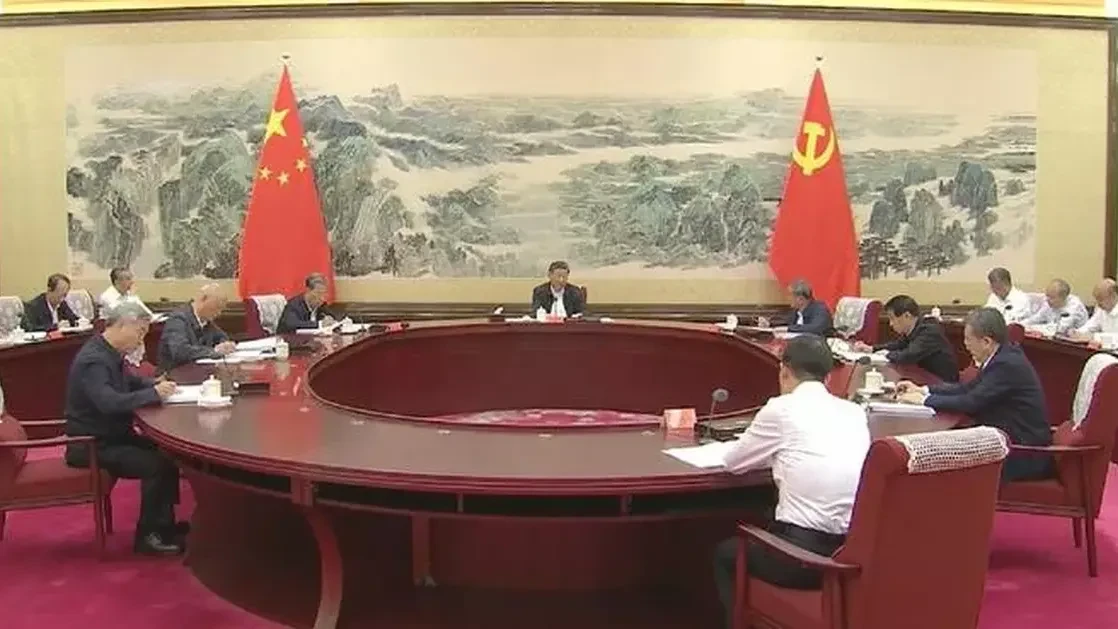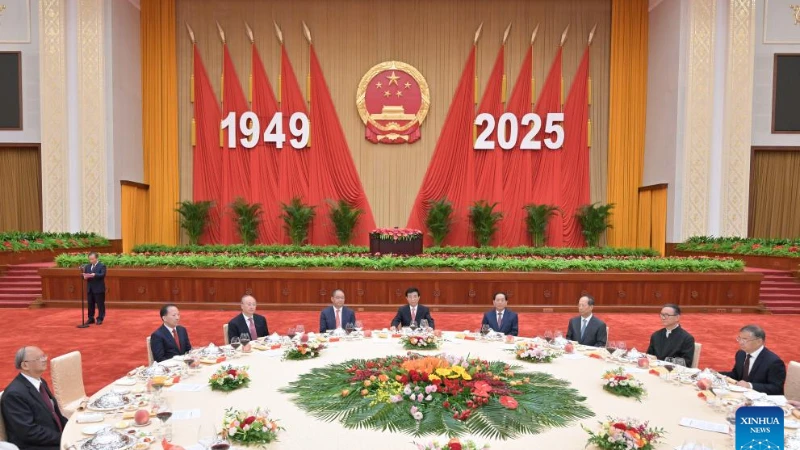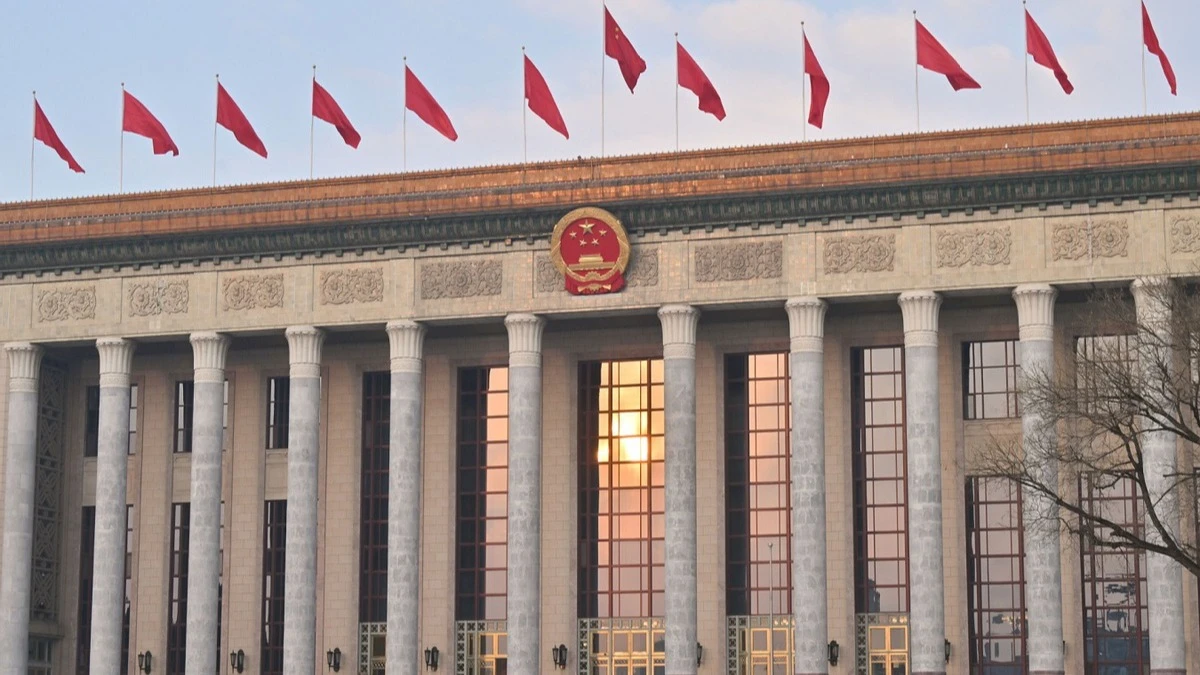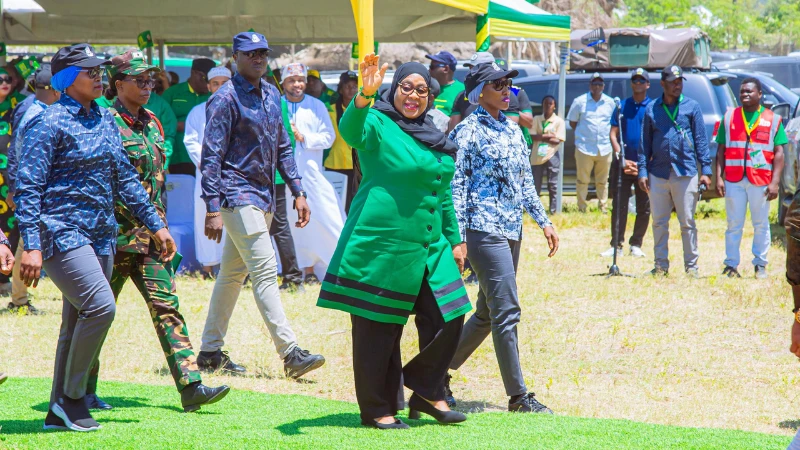Xi: Further adapt religions to Chinese context
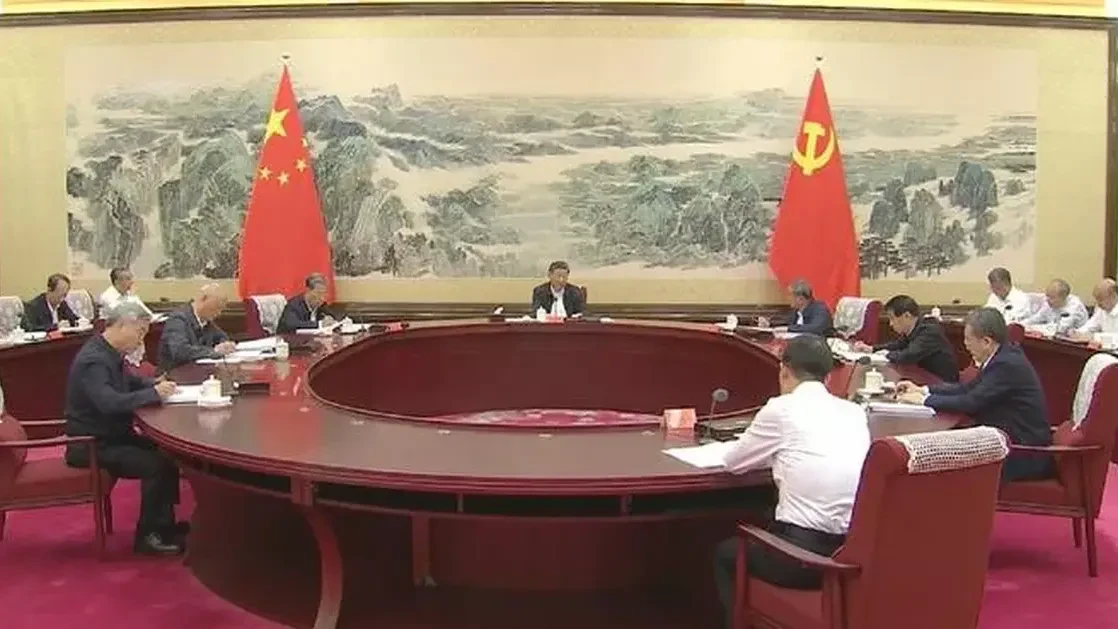
Xi Jinping, general secretary of the Communist Party of China Central Committee, called on Monday for ensuring systematic efforts to further adapt religions in China to the Chinese context and providing active guidance to religions so that they can adapt to socialist society.
He highlighted steps to draw on historical experience, base policies on China's religious realities, strengthen systematic thinking, improve institutional frameworks, and enhance comprehensive governance and grassroots work, while speaking at a group study session of the Political Bureau of the CPC Central Committee.
There are close to 200 million religious believers in China, with over 380,000 clerical personnel, about 5,500 religious groups and over 140,000 places registered for religious activities, a spokesperson for the Foreign Ministry said last year.
Zhang Xunmou, head of the center on religious studies at the United Front Work Department of the CPC Central Committee, shared his insights during the session on Monday.
Xi noted at the session that history and practice have proved that only by making unremitting efforts to further adapt religions in China to the Chinese context can the nation promote harmony among religions, unity among ethnic groups, social stability and long-term security.
It is imperative for China, a socialist country led by the CPC, to provide active guidance to religions, so that they can adapt to the socialist society, he said.
Xi called for steps to guide religious personnel and believers to develop an accurate understanding of the country, history, ethnicity, culture and religion, while enhancing their level of recognition toward the motherland, the Chinese nation, Chinese culture, the CPC and socialism with Chinese characteristics.
He went on to point out that religions in China can only ensure their healthy inheritance by remaining rooted in Chinese soil and imbued with Chinese culture, adding that efforts must be made to integrate China's religions to the nation's fine traditional culture.
Xi highlighted the significance of encouraging the religious sector to make proactive steps in self-reform, urging support for religions to meet the needs of the times in doctrine, regulations, rituals and codes of conduct, while enhancing their capacity for self-education, self-management and self-discipline.
Xi also stressed that managing religious affairs under the rule of law is the primary approach to resolving various conflicts and problems in religion. He called for improved relevant legal frameworks and policies, greater efforts to conduct education on the rule of law and stricter law enforcement.
According to China's Constitution, the State shall protect normal religious activities, and no State organ, social organization or individual shall coerce citizens to believe in or not to believe in any religion, nor shall they discriminate against citizens who believe in or do not believe in any religion.
By Xu Wei
Top Headlines
© 2025 IPPMEDIA.COM. ALL RIGHTS RESERVED









